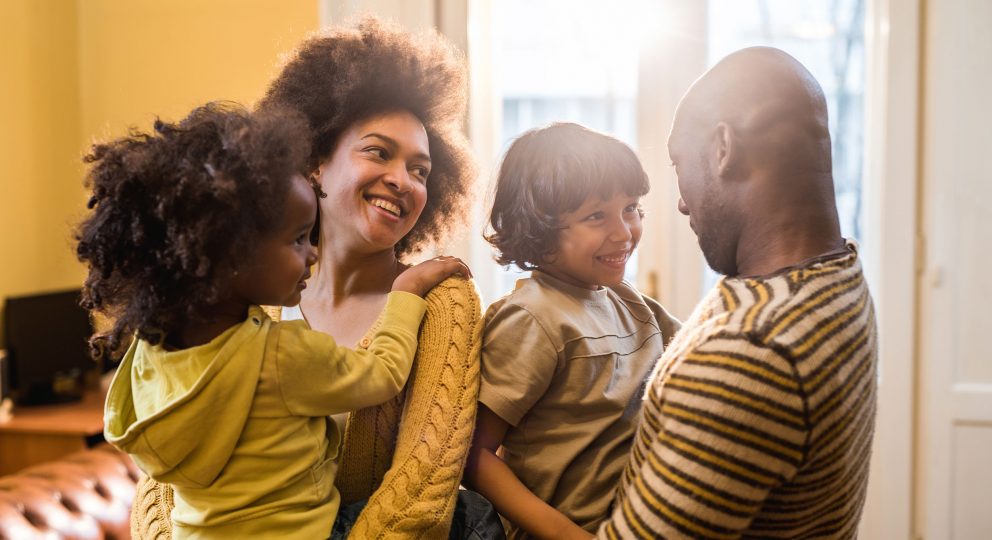Stop and think about some of the happiest moments in your life. Imagine yourself popping in and taking a look around. Who were you with in these times? Chances are that you were with friends.
Humans are naturally wired to connect and value friendship and community. People feel lucky when they find unexpected allies, confidantes, and playmates among the throngs of strangers surrounding them.
Friendship is a wonderful and paradoxical thing. It seems to spring up out of nowhere, out of the beautiful chaos of daily life, to form on the easy basis of pure luck and chance. At the same time, despite such effortless conception, it requires a great deal of attention, intention, and care.
You run into problems when you let yourself forget.
You likely experienced the consequences of this forgetting, ranging from an uncomfortable but reversible growth of distance to a particularly painful ending of a once-simple, joyful, and loving relationship.
Losing cherished friendships can be enormously painful, sometimes even more so than break-ups with partners. Being mindful of this and giving dearly valued friendships the attention they deserve is a critical part of self-care.
In “The Relationship Cure,” Dr. Gottman says,
One of the most delightful – and volatile – aspects of friendship is the voluntary nature of it all. Whether it’s a cup of coffee, a lavish gift, or an offer to stay by your sickbed, favors from friends are intentional acts of generosity. Friends are not obligated to us by law, economics, or family bonds. Our friends turn towards our bids for connection simply because they want to, and that’s what makes those relationships so rewarding. By the same token, our friendships often suffer from a lack of time because of all our other commitments and obligations. So it often takes a bit of extra effort and creative thought to find opportunities for turning towards your friends.
The exercise below may help you to find opportunities to turn towards your friends.
Ways to Turn Towards Your Friends:
- Ask “How are you?” in a way that shows you’d really like to know.
- Listen to their stories and jokes (even if you’ve heard them before).
- Offer spur-of-the-moment invitations to coffee, dinner, or drinks (but don’t be hurt if your friends can’t come).
- Accept spontaneous invitations when you can (but don’t feel guilty when you can’t make it).
- Ask for advice, but don’t feel obligated to take it.
- Ask friends if they’d like your advice before you offer it. If they say yes, share your wisdom. Don’t be disappointed when they don’t do what you suggest.
- Know when what you are asking for is too much.
- Ask your friend about their childhood. Listen.
- Remember birthdays by sending a card or gift.
- Nod in agreement when your friend says positive things about their partner.
- Notice and say positive things about your friend’s children.
- Ask your friend about their dreams, goals, and visions. Listen.
- Offer compliments.
- Accept apologies.
- Ask you friends about their life stories. Listen.
- Ask your friends about their parents. Listen.
- Let them off the hook when they say, “I can’t do it. I’m exhausted.”
- Let them be as upset as they need to be.
- Support their efforts at health improvement.
- Encourage their efforts to build skills, learn more, and become more.
- Offer to help when your friend is stressed.
- Ask for help when you need it and allow them to help you.
- Monitor your friend’s well-being and be there in good times or bad.
- When you lose track of each other over time, try to pick up where you left off.
While the birth and development of a friendship is an organic thing, it cannot thrive on its own. It will flourish only if it is nurtured.
The list above pertains in large part to giving, nurturing, and strengthening friendships by finding ways to be generous even through social distancing. Use it as inspiration for turning towards your friends in the coming weeks. But keep this in mind: intimacy also grows in simply spending time together, engaging in activities you both enjoy, and being there through thick and thin.










